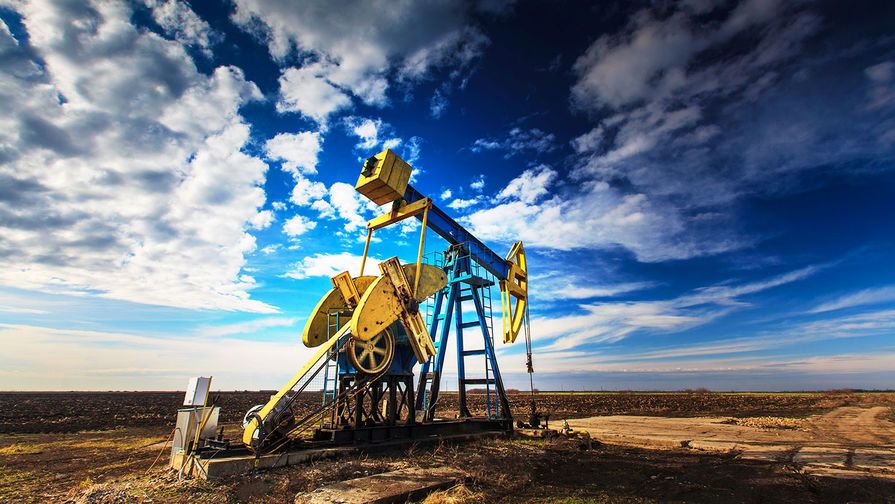Russia‘s mineral fuel exports accounted for about half of its total merchandise exports in 2020, followed by exports of manufactures, the World Trade Organization (WTO) reported.
Merchandise exports also remain geographically concentrated, albeit less and less.
At the same time, in 2020, the main destination for merchandise exports was the EU-27, followed by Asia.
From 2019 to 2020, merchandise exports decreased dramatically.
Conversely, merchandise imports are dominated by machinery, chemicals, and transport equipment.
The main source of these imports in 2020 was Asia, followed by the EU-27.
Merchandise imports also decreased from 2019 to 2020.
Composition by products of merchandise trade, by main HS Sections/subheadings, 2016 and 2020


Russia
Since 2017, the services trade deficit has narrowed, largely due to the Covid-19 pandemic.
According to the WTO, the main categories of Russian exports of services are transport services, telecommunications services, and professional and management consulting services.
Regarding imports of services, the highest percentages corresponded to transport services, technical services, services related to trade and other services rendered to companies, and travel.
The main partner in Russia’s trade in services was the EU-27. In line with the sharp decline in global FDI flows in 2020 due to the Covid-19 pandemic, FDI inflows plummeted that year, especially in the manufacturing and services sectors.
Since the entry into force of the Treaty Establishing the Eurasian Economic Union (Treaty of the EAEU) on January 1, 2015, in the Russian Federation the formulation of trade policy depends both on national institutions and legislation as well as of those of the EAEU.
Since 2017, there have been important changes in legislation of Russia, especially in the areas of customs procedures and requirements, export duties and taxes, export assistance, government procurement, foreign investment, competition, protection of intellectual property, mining and energy, financial services and telecommunications services.
![]()

